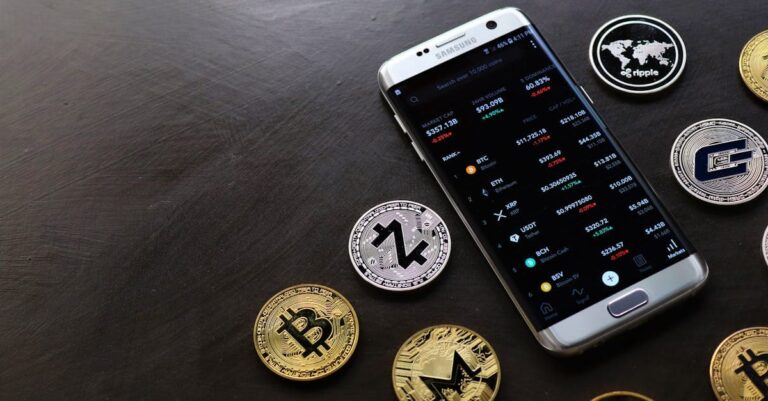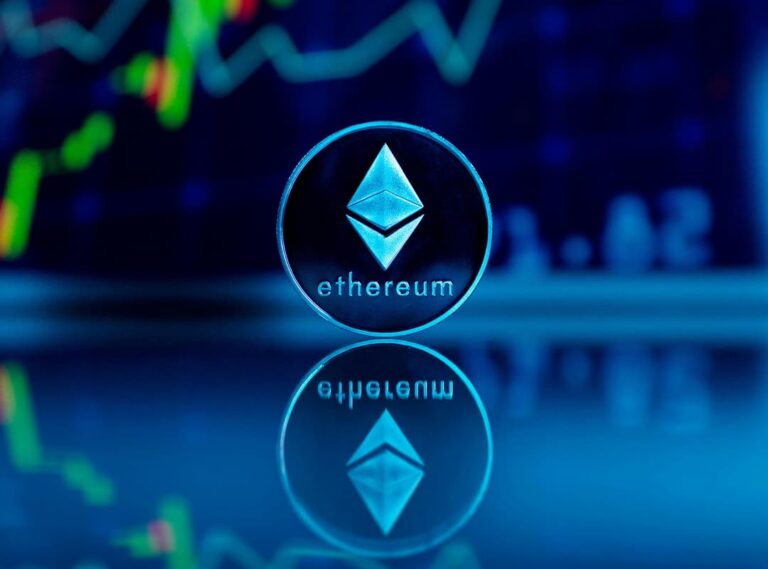Blockchain technology has been making waves across industries, promising to transform how we manage and secure digital transactions. One of the areas where blockchain is particularly impactful is in digital streaming transactions, where transparency, security, and efficiency are critical. In this article, we’ll explore what blockchain is, how it works, and why it’s becoming a game-changer for digital streaming services.
What is Blockchain?
At its core, blockchain is a decentralized and distributed ledger technology. This means that instead of a single entity controlling the system (like a traditional bank or payment processor), blockchain operates on a network of computers (or nodes) that collectively verify and record transactions. Each transaction is stored in a “block” and then linked to the previous block, forming a continuous “chain” of records — hence the name “blockchain.”
What makes blockchain so powerful is that once a block is added to the chain, it cannot be altered without consensus from the network. This creates an immutable, transparent record of all transactions, offering a level of security and trust that traditional systems struggle to match.
How Blockchain Works in Digital Streaming Transactions
In the world of digital streaming — whether it’s for music, video, or other forms of digital content — transactions occur constantly. These transactions involve a wide range of activities: paying for subscriptions, tracking royalties, and distributing revenue to content creators. The current system for managing these transactions can be slow, prone to errors, and lacking in transparency. This is where blockchain can step in.
- Decentralization and Transparency
Traditional digital streaming services rely on centralized databases that often lead to opaque and slow processes. Blockchain, however, distributes transaction data across a decentralized network, making the process far more transparent. Every time a user streams content, a transaction is recorded on the blockchain, providing an immutable record of when, where, and how that content was consumed. This could prevent the manipulation of data and ensure that all parties involved — from users to content creators — can trust the process. - Smart Contracts
Smart contracts are self-executing contracts with terms written directly into the code. In the context of digital streaming, smart contracts can automate the payment process. For example, when a song is streamed, a smart contract can immediately release payment to the artist, the streaming platform, and any other stakeholders according to pre-agreed terms. This eliminates the need for intermediaries and ensures fast, accurate payments. - Micropayments
Many digital streaming platforms struggle with the challenge of handling micropayments — small payments for individual streams or downloads. Traditional payment systems, such as credit cards, are not designed to handle such small transactions efficiently due to high processing fees. Blockchain, however, enables efficient micropayments using cryptocurrencies or digital tokens, allowing users to pay tiny amounts for individual streams without the burden of high transaction costs.
Paper Chain and Blockchain in Streaming
A term that often comes up in discussions about blockchain in digital streaming is paper chain. Historically, paper chain refers to the laborious manual processes involved in tracking payments and royalties for artists and content creators. Before digital solutions, contracts, royalty agreements, and payments were tracked and reconciled using physical paper trails, which were slow and prone to human error. Even as the industry transitioned to digital systems, many of these processes remained inefficient, resembling a digital paper chain.
Blockchain can effectively break this paper chain. By using a decentralized ledger that tracks and records every transaction in real-time, the need for paper contracts, manual reconciliation, and third-party verification disappears. Blockchain creates a seamless, digital-first environment that automates the entire process, providing more transparency and efficiency in how artists and creators are compensated for their work.
Benefits of Blockchain in Digital Streaming Transactions
- Enhanced Transparency
One of the most significant benefits of blockchain in digital streaming transactions is enhanced transparency. Every transaction is recorded and accessible to all parties involved. This can help eliminate disputes over royalty payments and ensure that content creators are fairly compensated for their work. - Faster Payments
With blockchain, payments can be made instantly using smart contracts. Artists no longer need to wait weeks or months for royalty payments to clear. Blockchain also eliminates the need for intermediaries, reducing costs and speeding up the entire payment process. - Security and Fraud Prevention
Because blockchain transactions are immutable, they offer a higher level of security. Fraud and manipulation of transaction records become virtually impossible, providing a safer environment for both streaming platforms and users. - Lower Costs
By reducing the reliance on third parties and automating processes, blockchain can significantly cut costs for digital streaming platforms. This can also lead to lower subscription fees for users, as well as higher payouts for artists.
The Future of Blockchain in Digital Streaming
As blockchain technology continues to evolve, its role in digital streaming transactions is expected to grow. More startups and established companies are experimenting with blockchain to improve transparency, reduce costs, and offer faster and more secure transactions. By breaking the “paper chain” that has long plagued the digital media industry, blockchain promises to create a more equitable and efficient system for both content creators and consumers.
In the coming years, we may see more streaming platforms adopting blockchain-based models, offering decentralized alternatives to traditional systems, and providing artists and creators with greater control over their work. For the digital streaming industry, blockchain is not just a technological innovation — it’s a potential revolution.
By understanding how blockchain works in digital streaming transactions, we can begin to see its potential to transform the way we consume and compensate digital content. Whether you’re an artist, a content creator, or just a streaming enthusiast, the benefits of blockchain are poised to make streaming fairer, faster, and more transparent.




